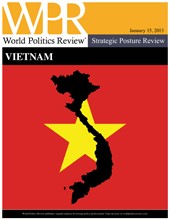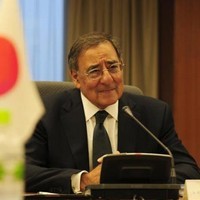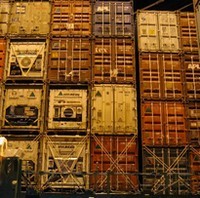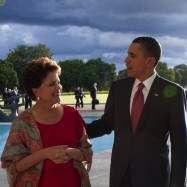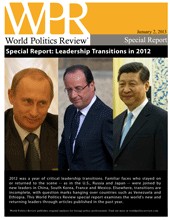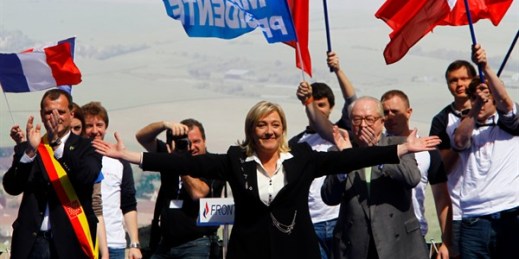
Editor’s note: The following article is one of 30 that we’ve selected from our archives to celebrate World Politics Review’s 15th anniversary. You can find the full collection here. Political extremism has, in many places, become a kind of new normal. In most democratic political systems, whether firmly established or still early in their consolidations, we find parties deemed “extremist” by the mainstream that routinely enjoy sustained electoral success. These political parties espouse rejectionist philosophies, proffer illiberal policies and promote intolerance of targeted groups. They typically do this, however, while playing within the rules of the democratic game. Putatively extremist parties […]



